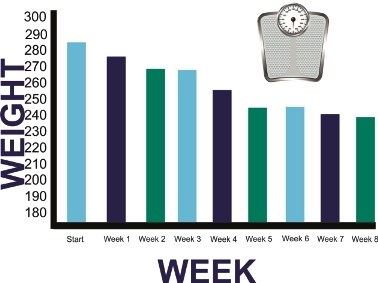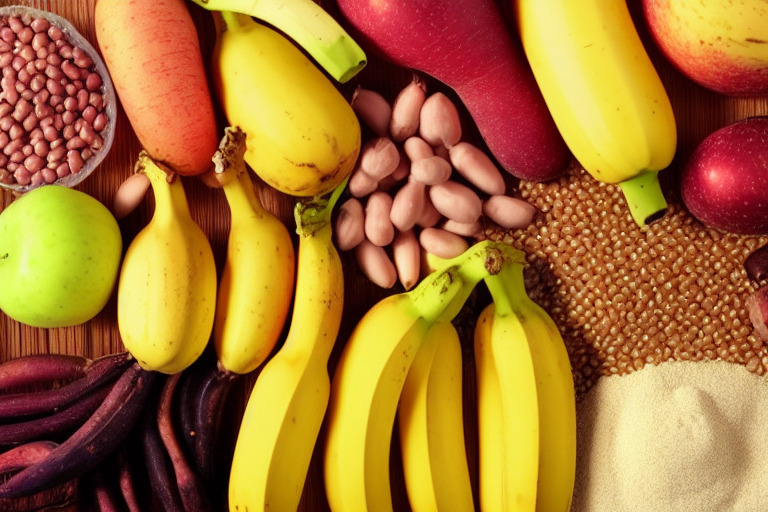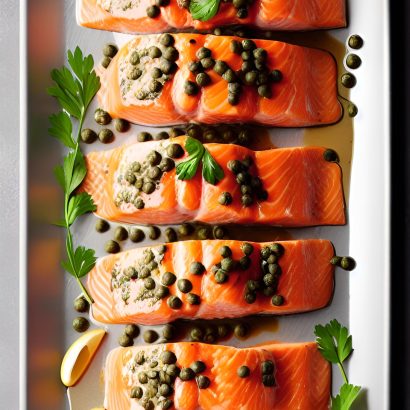The ketogenic diet has become increasingly popular as a way to lose weight and maintain health. But what is it? The ketogenic diet is a high-fat, moderate-protein, and low-carbohydrate diet that forces your body to go into a state of ketosis, where it burns fat rather than carbohydrates for energy.
One of the keys to the ketogenic diet is eating the right types of foods, and there are some foods that are off-limits to those following the keto diet. Here are five of the most common foods you might not be eating while following the ketogenic diet:
- Grains: Grains are a major source of carbohydrates, so they are off the menu while on the keto diet. This means no bread, rice, pasta, or other grains of any kind. In addition, quinoa and oats are also off-limits, even though they are gluten-free.
- Legumes: Both beans and legumes, such as lentils and peas, are off-limits on the keto diet due to their high levels of carbohydrates.
- Refined sugars: Refined sugars, such as those found in processed foods and desserts, are also off-limits on the ketogenic diet. This includes sugars like agave and honey, as well as added sweeteners like Sucralose and aspartame.
- Root vegetables: While some root vegetables are allowed on the ketogenic diet, like onions and cucumbers, others are off-limits because of their high carbohydrate content. Examples include potatoes, sweet potatoes, beets, turnips, and carrots.
- Fruit: Most fruit is high in carbohydrates and therefore off-limits on the keto diet. This means cutting out most fruits, including apples, oranges, and bananas. Some exceptions are raspberries and blackberries, which have a low glycemic index and are allowed in moderation.
Following the ketogenic diet can help you lose weight, but it also requires that you be mindful of what you eat. By avoiding the five foods mentioned above, you can ensure that you stay in ketosis and get the most out of your diet. While there are many other foods that are off-limits on the ketogenic diet, these are the most commonly omitted.
People also ask
What vegetables should you not eat on keto?
Most vegetables are allowed on the ketogenic diet; however, some can be quite starchy and should therefore be avoided. Common high-carbohydrate vegetables include potatoes, sweet potatoes, butternut squash, corn, peas, and any type of legumes such as beans or lentils. Eating these could lead to an intake of too many carbohydrates and greatly hinder a person’s ability to reach and/or maintain ketosis. Therefore, for best results it is important to focus on non-starchy vegetables like kale, spinach, chard, cauliflower, cabbage, Brussels sprouts, celery and cucumbers – which provide fiber as well as essential vitamins and minerals while maintaining the desired macronutrient profile.
What fruits to avoid on keto?
When it comes to a Ketogenic diet, there are certain fruits that should be avoided due to their high sugar and carbohydrate content. Examples of such fruits include Mangoes, Bananas, Grapes, Dates and Pineapples as these all have high glycemic indexes and can lead to an unwanted spike in blood sugar levels. Additionally, many other delicious fruits such as Apples, Watermelons and Oranges also have a fairly high amount of net carbs per serving size and should also be avoided while on the diet. It is important to thoroughly understand the dietary guidelines of your diet plan in order to ensure that you reach your health goals while not unintentionally sabotaging them via poor food choices.
Can you drink milk on keto?
It is generally accepted that minimal dairy consumption is part of a healthy keto diet. Studies have found that full-fat dairy may aid ketogenic dieters in maintaining weight loss. However, due to its higher carbohydrate content (around 12g for 1 cup of 2% milk), it should be consumed in moderation and monitored according to individual macros (the amount of carbohydrates, proteins and fats allowed per day). Additionally, some people may find dairy hard to digest, so switching to non-dairy alternatives such as nut- or coconut-based milks could be a better option. It’s important to seek advice from a professional healthcare provider before undertaking any dietary changes.

Get your custom keto meal plan
What’s your main health goal?


